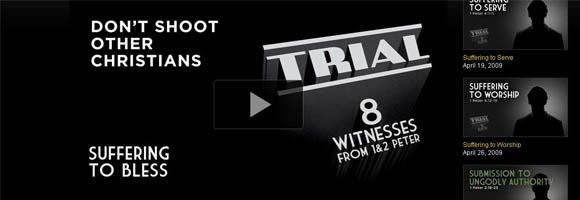As I go throughout my life, currently in a university setting, I find that at times my life feels like an endless checklist of items.
I like to make lists, to-do lists especially. It is a way that I set temporary, short-term goals and consistently work to complete them one by one, crossing each item off of the list upon accomplishing it. I like the satisfaction I get from crossing each item off of a list, and finally, reaching the point where all the items are crossed off - All of the goals on the list have been completed.
It certainly isn't a bad thing that I choose to make these lists of obligations and appointments; it keeps me very organized and always working towards accomplishments. The problem comes in when I finish a list - I then start with another blank slate, fill another piece of paper with goals and objectives. It is a constant reoccurring process. As soon as one list ends, another begins.



















